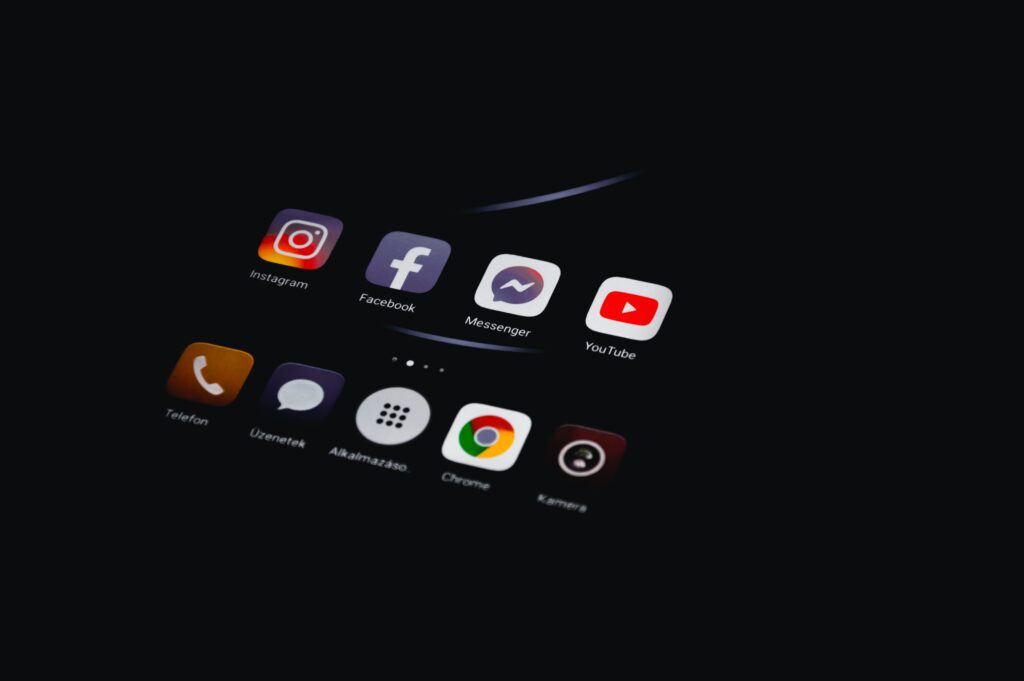
Social Media Detox Benefits Your Mental Health
Introduction:
In today’s hyper-connected world, social media has become an integral part of our lives. While it offers numerous benefits like staying connected, sharing experiences, and accessing information, it also has its drawbacks.
The constant exposure to curated content, comparison traps, and excessive screen time can take a toll on our mental health. That’s where the concept of a social media detox comes in.
A social media detox involves consciously taking a break from social media platforms to rejuvenate our minds, reconnect with the present moment, and regain a sense of balance. In this article, we will delve into the importance of a social media detox and provide practical tips on how to effectively disconnect from the virtual world for a healthier and happier you.
Understanding the Need for a Social Media Detox:
In today’s digital age, social media has a pervasive presence in our lives. However, constant exposure to social media can lead to detrimental effects on our mental well-being.
Studies have shown a link between excessive social media use and feelings of anxiety, depression, low self-esteem, and poor body image. It’s important to recognize when the negative impact outweighs the positive and take steps to address it. A social media detox allows us to step back, reassess our relationship with these platforms, and prioritize our mental health.
Benefits of a Social Media Detox:
Taking a break from social media can yield numerous benefits for our mental well-being. Firstly, it allows us to break free from the comparison trap. Constantly comparing our lives to the highlight reels of others can lead to feelings of inadequacy and dissatisfaction. A social media detox gives us the space to focus on our own journey without distractions. Additionally, it reduces information overload and the constant bombardment of news and opinions, leading to reduced stress levels. Moreover, disconnecting from social media allows us to reclaim our time, improve sleep quality, foster authentic connections, and cultivate a healthier relationship with technology.
Setting Clear Intentions:
Before embarking on a social media detox, it’s crucial to set clear intentions for yourself. Reflect on why you want to take a break and what you hope to achieve. It could be to reduce anxiety, increase productivity, enhance self-awareness, or simply gain a fresh perspective. Setting specific and realistic goals will help you stay motivated throughout the process. Write down your intentions and remind yourself of them whenever you feel tempted to log back in.
Choose the Detox Duration:
Decide on the duration of your social media detox based on your personal needs and circumstances. It could be a few days, a week, a month, or even longer. Be realistic about what feels achievable for you. Starting with a shorter period can be a good way to ease into the detox and gauge its impact on your well-being. Experiment with different durations and find what works best for you. Remember, there’s no one-size-fits-all approach, and the goal is to find a balance that promotes your mental health.
Inform Your Social Media Connections:
Inform your close friends, family, and important connections about your social media detox. Let them know that you will be taking a break and how they can reach you if needed. This communication ensures that they are aware of your absence and helps avoid any misunderstandings. Informing others also strengthens your commitment to the detox as it creates a sense of accountability.
Remove Temptations:
Make it easier for yourself to stick to the detox by removing the temptation of social media. Temporarily delete social media apps from your phone or use app blockers to limit access. You can also log out of your accounts on various devices to create an extra barrier. By removing these triggers, you reduce the likelihood of mindless scrolling and falling back into old habits. Instead, replace the time you would spend on social media with other fulfilling activities that bring you joy, such as reading, exercising, pursuing hobbies, or spending quality time with loved ones.
Engage in Offline Activities:
One of the key aspects of a social media detox is to reconnect with the offline world. Take this opportunity to engage in activities that nourish your mind and soul. Explore nature, go for walks, visit museums, attend social events, or engage in creative endeavours. Rediscover the joy of face-to-face conversations and meaningful connections. By immersing yourself in the present moment and real-life experiences, you gain a fresh perspective and cultivate a greater sense of fulfilment and contentment.
 Practice Mindfulness and Self-Reflection:
Practice Mindfulness and Self-Reflection:
During your social media detox, allocate time for mindfulness and self-reflection. Engage in meditation, deep breathing exercises, or journaling to become more aware of your thoughts, emotions, and triggers. Use this introspective period to evaluate how social media affects your mood, self-perception, and overall well-being. Gain clarity on what truly matters to you and how you want to spend your time and energy. This self-awareness will guide you in creating healthier boundaries and habits when you eventually reintegrate social media into your life.
Cultivate Authentic Connections:
Invest in nurturing genuine relationships during your detox. Reach out to friends, plan outings, or simply have meaningful conversations. By fostering deeper connections in real life, you create a support system that goes beyond virtual interactions. Surrounding yourself with positive and supportive individuals uplifts your mood, boosts your self-esteem, and strengthens your overall mental well-being. Remember, genuine connections are built on shared experiences and emotional connection, rather than the number of followers or likes on social media.
Gradual Reintegration and Mindful Usage:
After completing your social media detox, approach the reintegration process mindfully. Reflect on the lessons learned during the detox and identify healthy habits and boundaries you want to maintain. Consider which social media platforms bring value to your life and align with your intentions. Gradually reintroduce social media while being mindful of your usage. Set time limits, curate your feed to include positive and uplifting content, and regularly assess how it impacts your mental health. Remember, you have the power to control your social media experience and make it a positive and enriching part of your life.
Conclusion:
A social media detox can serve as a powerful tool to regain balance, improve mental well-being, and reclaim control over our digital lives. By consciously disconnecting from the virtual world, we create space for self-reflection, meaningful connections, and personal growth. Embrace the opportunity to nurture your mental health, engage in offline experiences, and cultivate a healthier relationship with technology. Remember, social media should enhance our lives, not dictate them. Take charge, set boundaries, and prioritize your well-being to create a harmonious and fulfilling digital and offline existence.
High Tax Countries Still Popular
Click here to read review on “Paying Social Media Jobs”







